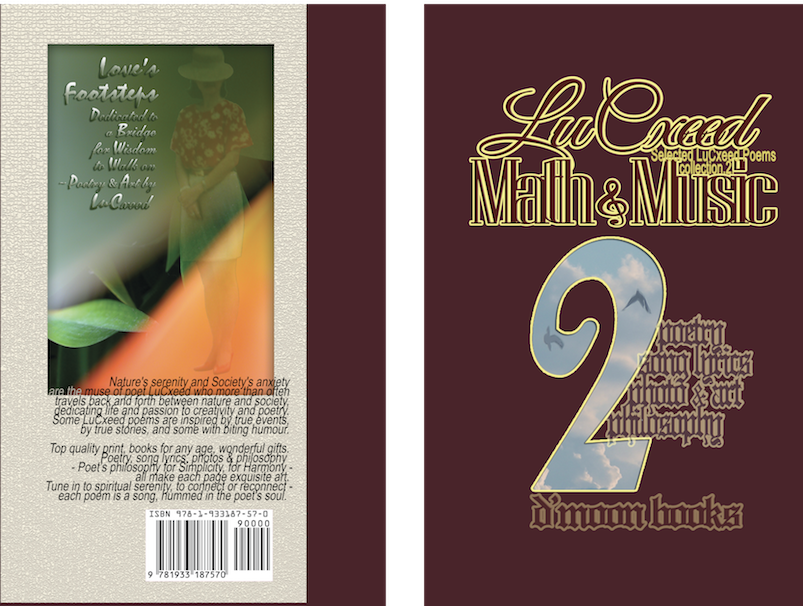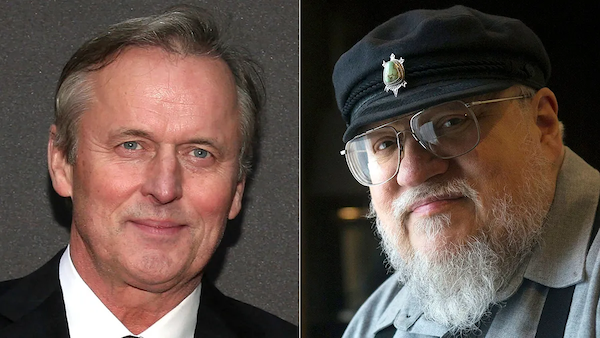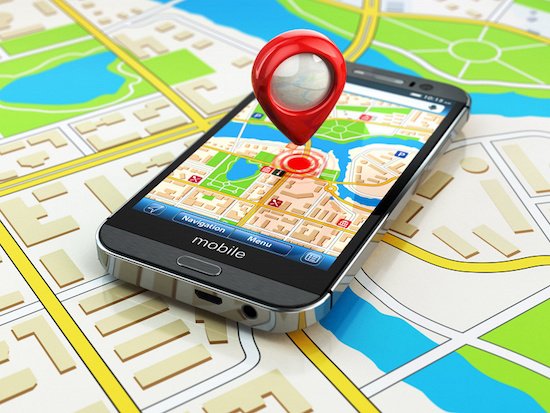
(quote)
Music industry giants allege mass copyright violation by AI firms
Universal Music Group, Sony Music, and Warner Records have sued AI music-synthesis companies Udio and Suno for allegedly committing mass copyright infringement by using recordings owned by the labels to train music-generating AI models, reports Reuters. Udio and Suno can generate novel song recordings based on text-based descriptions of music (i.e., “a dubstep song about Linus Torvalds”).
The lawsuits, filed in federal courts in New York and Massachusetts, claim that the AI companies’ use of copyrighted material to train their systems could lead to AI-generated music that directly competes with and potentially devalues the work of human artists.
Like other generative AI models, both Udio and Suno (which we covered separately in April) rely on a broad selection of existing human-created artworks that teach a neural network the relationship between words in a written prompt and styles of music. The record labels correctly note that these companies have been deliberately vague about the sources of their training data. In the lawsuit, the record labels cite specific examples of AI-generated content that allegedly re-creates elements of well-known songs, including The Temptations’ “My Girl,” Mariah Carey’s “All I Want for Christmas Is You,” and James Brown’s “I Got You (I Feel Good).” It also claims the music-synthesis models can produce vocals resembling those of famous artists, such as Michael Jackson and Bruce Springsteen.
US Record Labels Sue AI Music Generators Suno and Udio for Copyright Infringement
The Recording Industry Association of America and record labels allege that the leading AI music generators trained on their artists’ work without permission. A group of music labels including Universal Music Group, Warner Music Group, and Sony Music Group has filed lawsuits in US federal court alleging copyright infringement on a “massive scale.”
The companies have not publicly disclosed what they trained their generators on. Ed Newton-Rex, a former AI executive who now runs the ethical AI nonprofit Fairly Trained, has written extensively about his experiments with Suno and Udio; Newton-Rex found that he could generate music that “bears a striking resemblance to copyright songs.” In the complaints, the music labels state that they were independently able to prompt Suno into producing outputs that “match” copyrighted work from artists ranging from ABBA to Jason Derulo.
One example provided in the lawsuit describes how the labels generated songs extremely similar to Chuck Berry’s 1958 rock hit “Johnny B. Goode” in Suno by using prompts like “1950s rock and roll, rhythm & blues, 12 bar blues, rockabilly, energetic male vocalist, singer guitarist,” along with snippets of the song’s lyrics. One song almost exactly replicated the “Go, Johnny, go” chorus; the plaintiffs attached side-by-side transcriptions of the scores and argued that such overlap was only possible because Suno had trained on copyrighted work.
The Udio lawsuit offers similar examples, noting that the labels were able to generate a dozen outputs resembling Mariah Carey’s perennial hit “All I Want for Christmas Is You.” It also offers a side-by-side comparison of music and lyrics, and notes that Mariah Carey soundalikes generated by Udio have already caught the attention of the public.
Major Record Labels Sue AI Music Generators
The world’s biggest record labels are suing two artificial intelligence startups, taking an aggressive stance to protect their intellectual property against technology that makes it easy for people to generate music based on existing songs. The Recording Industry Association of America said it filed twin lawsuits Monday against Suno AI and Uncharted Labs Inc., the developer of Udio AI, on behalf of Universal Music Group NV, Warner Music Group Corp. and Sony Music Entertainment. The complaints allege the companies are unlawfully training their AI models on massive amounts of copyrighted sound recordings.
Music generated with the services can, at times, sound remarkably similar to copyrighted music. Ed Newton-Rex, CEO of nonprofit organization Fairly Trained, which provides certification for AI models trained on licensed data, said he found it easy to generate a slew of tunes using both companies’ software that sound very much like artists such as Queen, Abba, Oasis, Blink-182 and Ed Sheeran.
(unquote)
Image courtesy Ars Technica






